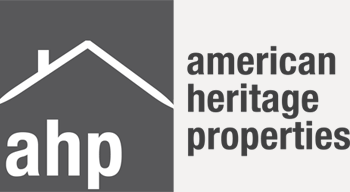Can I Limit the Number of Occupants in My Home?
Landlords must be reasonable when they set occupancy limits in order to prevent discrimination against any class of person. For instance, if you have a three bedroom home and you set the limit at two people then that would likely be considered discriminatory on the basis of family status. In other words, it would appear that you are trying to prevent families (adults with children) from renting your home since a family would often consist of more than two people.
There has been a long standing guideline accepted in the industry as a occupancy standard–that guideline is call the “two plus one” rule. The idea is that two people per bedroom, plus one additional for the entire unit would be a reasonable standard that would be safe to use from a fair housing perspective. This would mean five people for a two bedroom condo–two per each of the two bedrooms, plus one additional for the unit. Many people feel that five people in a two bedroom home is too much, but that is the guideline that is typically considered safe to use.
There are many factors that can be taken into consideration aside from the “two plus one” guideline. For instance, occupancy standards based on objective criteria such as square footage are more likely to be considered reasonable as long as the limits set are set appropriately. In setting occupancy standards, I strongly recommend speaking to an attorney that specializes in fair housing.
As housing prices increase, we are likely to see more occupants per unit as tenants combine households. I believe the issue of occupancy standards will become more public in the upcoming years.









